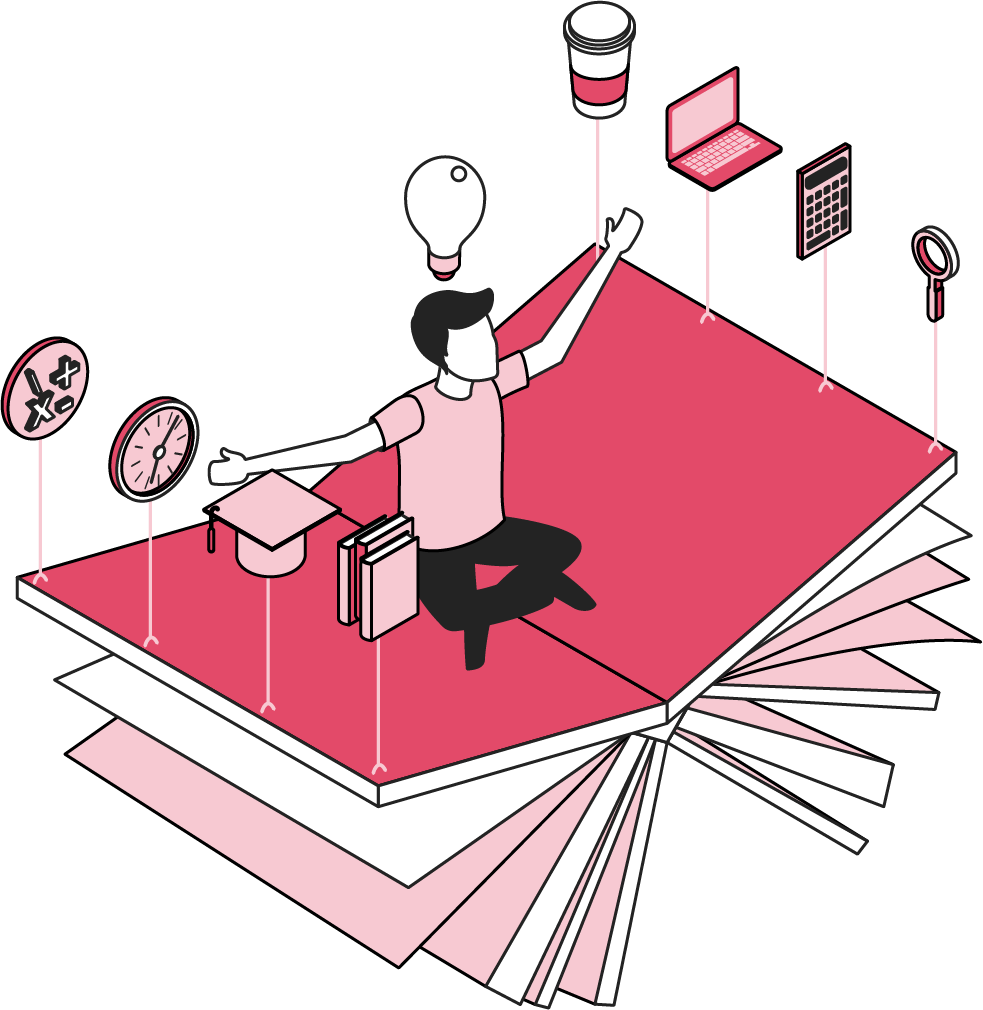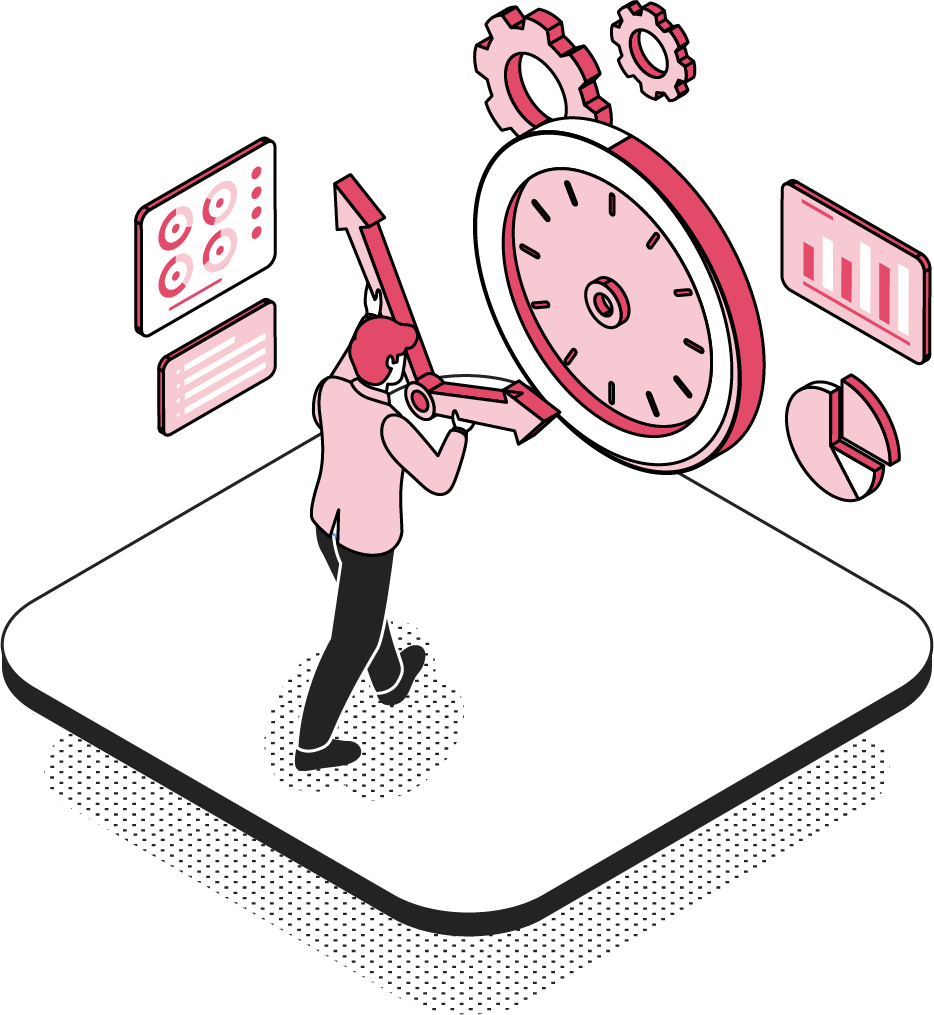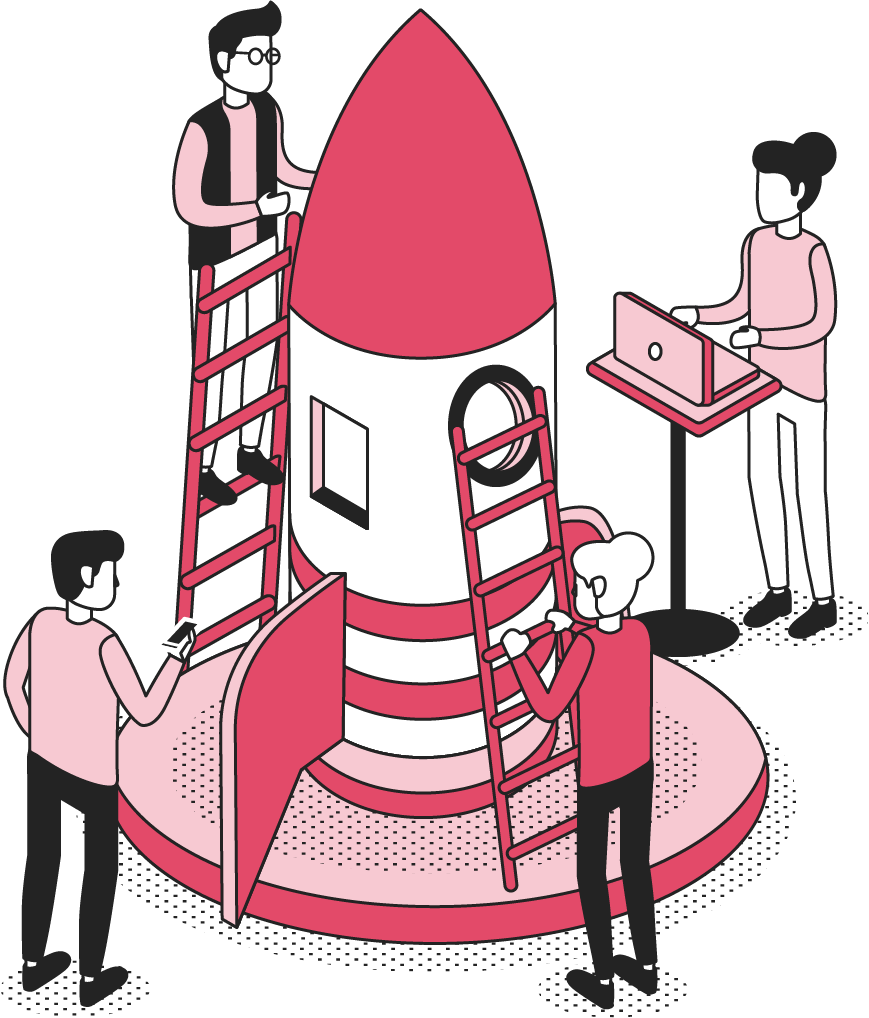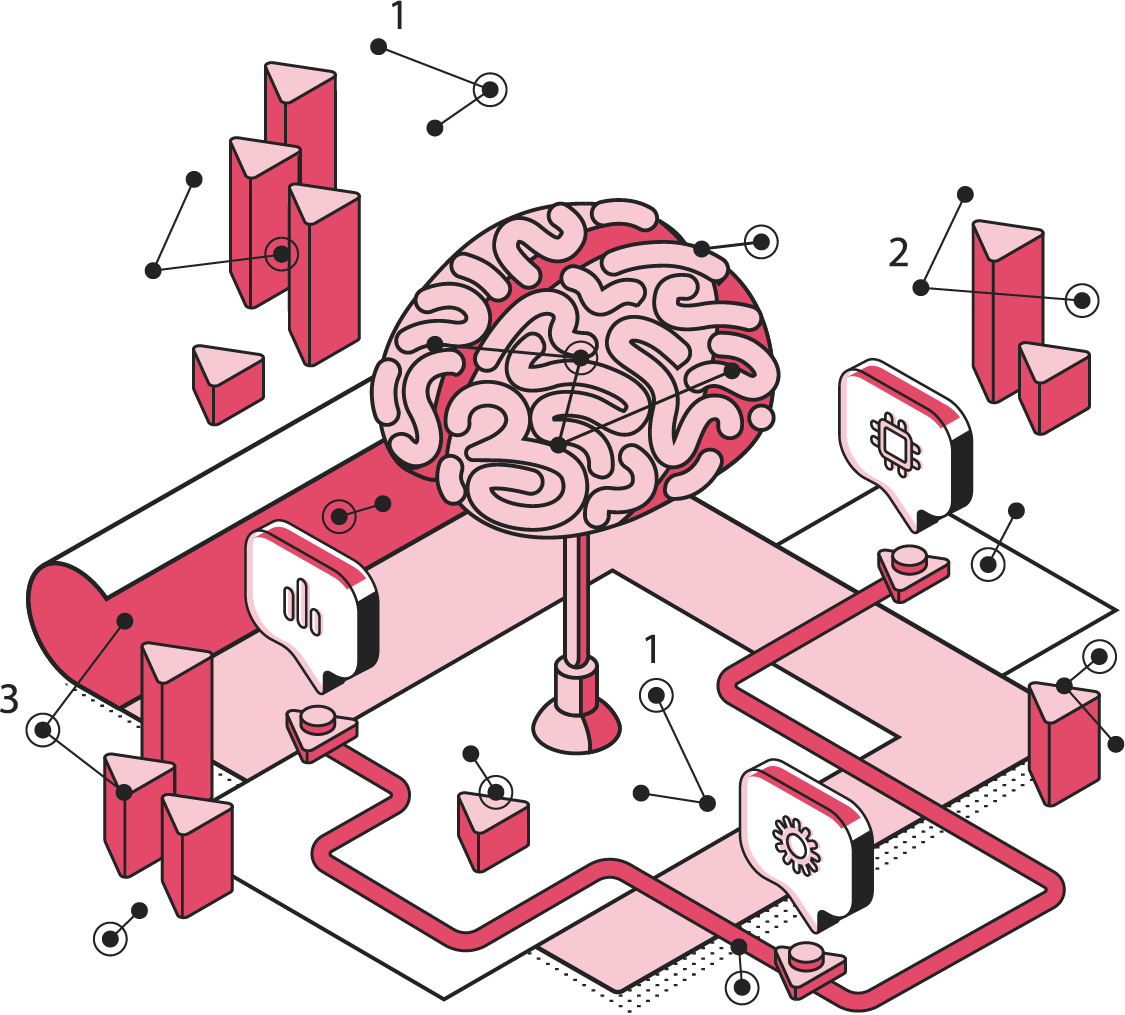The GLS Legal Operations Centre
Intelligence, resources and execution support
Transformation Tube Map
Knowledge Centre
Legal Dept.
Resources
Managed Legal Services
Members
Resources
Legal Ops
Community
Back
Legal Dept. Service Charter
What Is It
The Legal Department Services Charter is a formal framework that defines how the legal team engages with its internal clients.
It sets out the services offered, the expected service levels, and the protocols for requesting support. In essence, it is the legal team’s operating agreement with the business.
On the Human Capital Line, this station is foundational. Lawyers are high-value, high-cost resources. Without a clear engagement model, they are exposed to constant interruptions, vague requests, and unrealistic expectations. The result? Burnout, inefficiency, and a legal team that is always busy but rarely strategic.
The Services Charter introduces structure and predictability. It defines what legal does, how it does it, and how the business should engage. It sets boundaries around access, turnaround times, and prioritisation. It also provides a basis for measuring legal performance and managing client expectations.
Ultimately, the Services Charter is about protecting your human capital. It ensures that lawyers are not just working hard - but working smart, on the right things, in the right way, with the right support.
Scope
The scope of the Legal Department Services Charter typically includes:
◼️Service Catalogue – Defines the legal services offered to the business.
◼️Service Levels – Sets expectations around turnaround times and responsiveness.
◼️Engagement Protocols – Outlines how and when the business should engage legal.
◼️Access Controls – Clarifies who can request legal support and for what.
◼️Feedback & Escalation – Provides mechanisms for issue resolution and continuous improvement.
◼️Workload Forecasting – Enables proactive planning and resource allocation.
◼️Self-Serve Resources – Directs users to approved templates and guidance.
◼️Performance Metrics – Establishes KPIs for legal service delivery.
Resource Status
The Legal Department Services Charter station is considered a Foundational and Repeater resource within the GLS Legal Operations model.
A Foundational Resource: Is responsible for determining the overall performance capabilities of a “critical” legal function. If it is not optimised, the function can never be optimised.
A Repeater Resource: Supports the performance of multiple "critical" legal functions and as such represents a "ripple effect" productivity intervention point.
A Specialist Resource: Is responsible for driving the performance of a very specific part of an individual legal function. Its productivity contribution is limited to that single legal function.
Best Practice Features
The best practice features of the Legal Department Services Charter are as follows:
◼️Board-Endorsed – Approved at the highest level to ensure enterprise-wide adoption.
◼️Business Co-Authored – Developed in collaboration with internal clients.
◼️Clear Service Levels – Defines what the business can expect from legal.
◼️Mandatory Engagement Protocols – Ensures consistent and efficient legal intake.
◼️Self-Serve Enablement – Reduces demand on legal through guided resources.
◼️Performance Transparency – Tracks and reports on legal service delivery.
◼️Workload Management Integration – Aligns with legal team capacity planning.
◼️Feedback Loops – Enables continuous improvement through structured input.
Business Value
The Legal Department Services Charter delivers the following value to the Business:
◼️Faster Legal Turnaround – Defined service levels reduce delays and uncertainty.
◼️Improved Engagement – Clear protocols reduce friction and miscommunication.
◼️Resource Efficiency – Legal support is targeted and predictable.
◼️Reduced Escalations – Fewer disputes over responsiveness and service quality.
◼️Better Planning – Workload forecasting enables proactive business support.
Legal Department Value
For the legal team, the Services Charter provides:
◼️Workload Protection – Shields lawyers from unreasonable or ad hoc demands.
◼️Morale Boost – Lawyers operate within a structured, respected framework.
◼️Strategic Focus – Frees up time for high-value legal work.
◼️Performance Visibility – Enables tracking and reporting of service metrics.
◼️Transformation Readiness – Establishes the foundation for scalable legal operations.
Who Needs It
The Legal Department Services Charter is essential for:
◼️Legal Department Leadership
◼️In-House Counsel
◼️Legal Operations Teams
◼️HR & Talent Managers
◼️Executive Management
◼️Risk & Compliance Officers
◼️Internal Audit Functions
Productivity Consequences
A legal team operating without a Legal Department Services Charter will face a wide range of inefficiencies including:
◼️Unpredictable and unmanaged legal demand
◼️Frequent interruptions and context switching
◼️Inability to prioritise or plan legal work
◼️Poor morale and high burnout risk
◼️Lack of performance data and accountability
◼️Frustrated internal clients and strained relationships
Tech Implication
The Legal Department Services Charter is highly compatible with technology enablement:
◼️Legal Intake Platforms – Embed engagement protocols and service levels.
◼️Workflow Automation Tools – Route requests based on service categories.
◼️Performance Dashboards – Track turnaround times and service metrics.
◼️Self-Serve Portals – Provide access to templates and guidance.
◼️Collaboration Tools – Improve communication between legal and business teams.
Technology transforms the Charter from a static document into a dynamic service delivery engine.
What Next?
Visit each Station on this Line for in-depth analysis of what it takes to make this in-house function really perform. Or you can go back to the overall GLS Legal Transformation Tube Map.
In most cases, the GLS Legal Operations Centre contains everything you need to effectively optimise this key function yourself – or feel free to reach out to us – and we can help you.

The GLS Legal Operations Centre
Register to access your complimentary Day 1 Resource Stack packed with legal team performance resources.

GLS Ultimate Guide To Legal Operations
Download this and read it thoroughly and regularly. It is a wonderful transformation companion.

Book A No-Obligation Consultation
If you would like discuss your legal transformation needs, please book a 30 minute free consultation with us.

GLS Legal Transformation Boot Camp
Our hugely successful, 10-week long, email-based boot camp on how to effectively transform your legal team.




